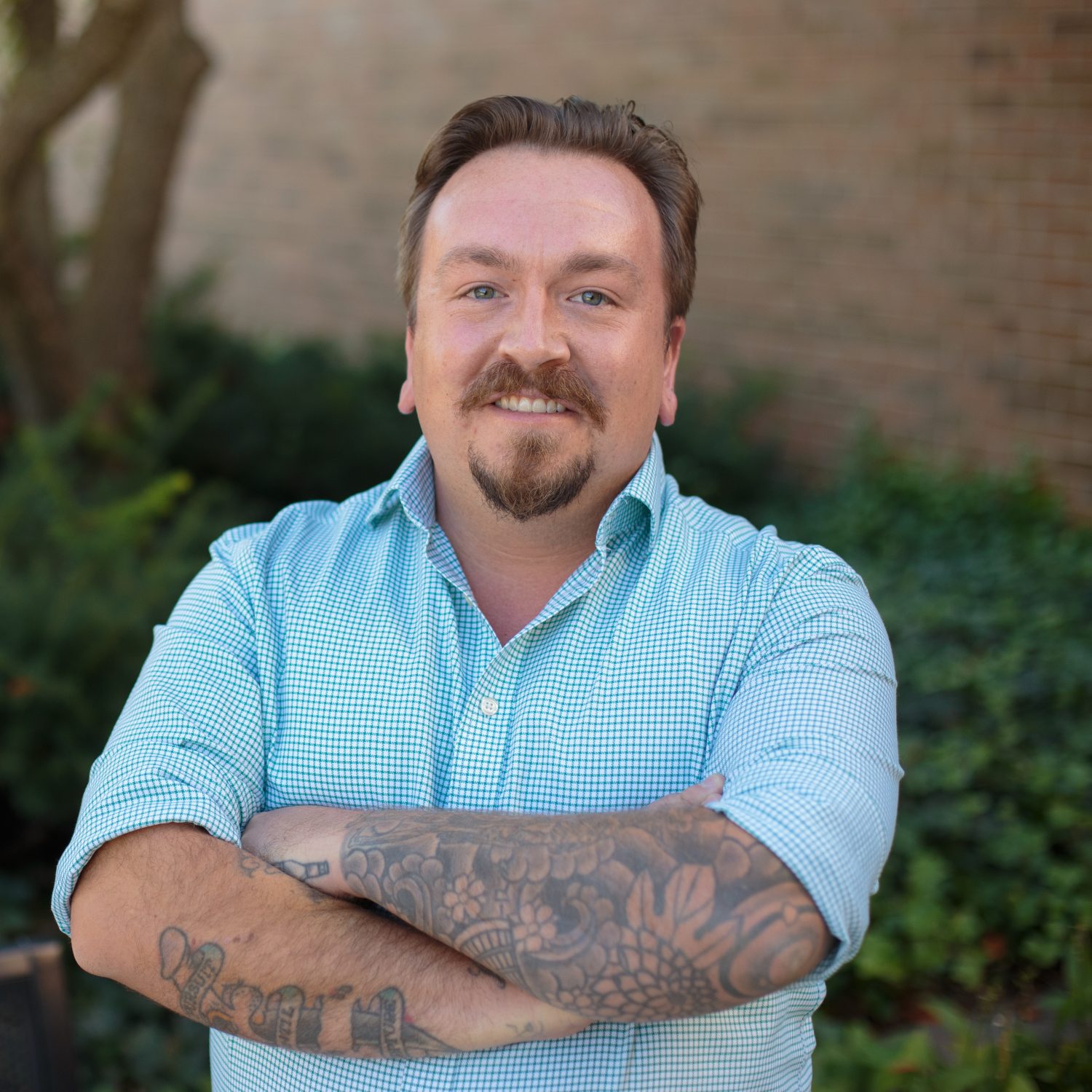I am an Assistant Professor at Michigan State University’s Department of Media & Information, where I direct the Rural Computing Research Consortium. At MSU, I am a Research Fellow at the Quello Center for Media & Information Policy and Core Faculty at the Center for Gender in Global Context.
My research is in the areas of rural computing, science and technology studies (STS), computer supported cooperative work (CSCW), and rural studies. My research primarily revolves around the role of technology in rural economic and community development. Some current projects in this area focus on: the role of the high-tech economy and economic development activities; the adoption and use of information technology in community-based agricultural organizations; and the impact of technological innovation in rural communities and people. I also do research on the use and design of social technologies for community building among LGBTQ people living in rural areas. I received my PhD in 2020 from the University of Michigan School of Information, where I was advised by Silvia Lindtner and Tiffany Veinot.
At the Department of Media & Information, I teach classes on interaction design, technology and rural development, and the gateway course to our Information Science major.
My work is currently funded by the Spencer Foundation, the Merit Network, and the Institute for Public Policy and Social Research (MSU).
Prospective students
I am open to advising prospective PhD students, especially those interested in the role of technology in the rural United States. If you are interested in ethnographic, community-based, and/or design research on technological advancement in rural economic development, civic/municipal settings, or social contexts, please contact me to set up a time to discuss your research interests. See the Information & Media PhD website for more information about our interdisciplinary program at MSU.
If you are an undergraduate student at MSU interested in working with me on any projects described above, feel free to contact me. Include your interests and degree/major.
